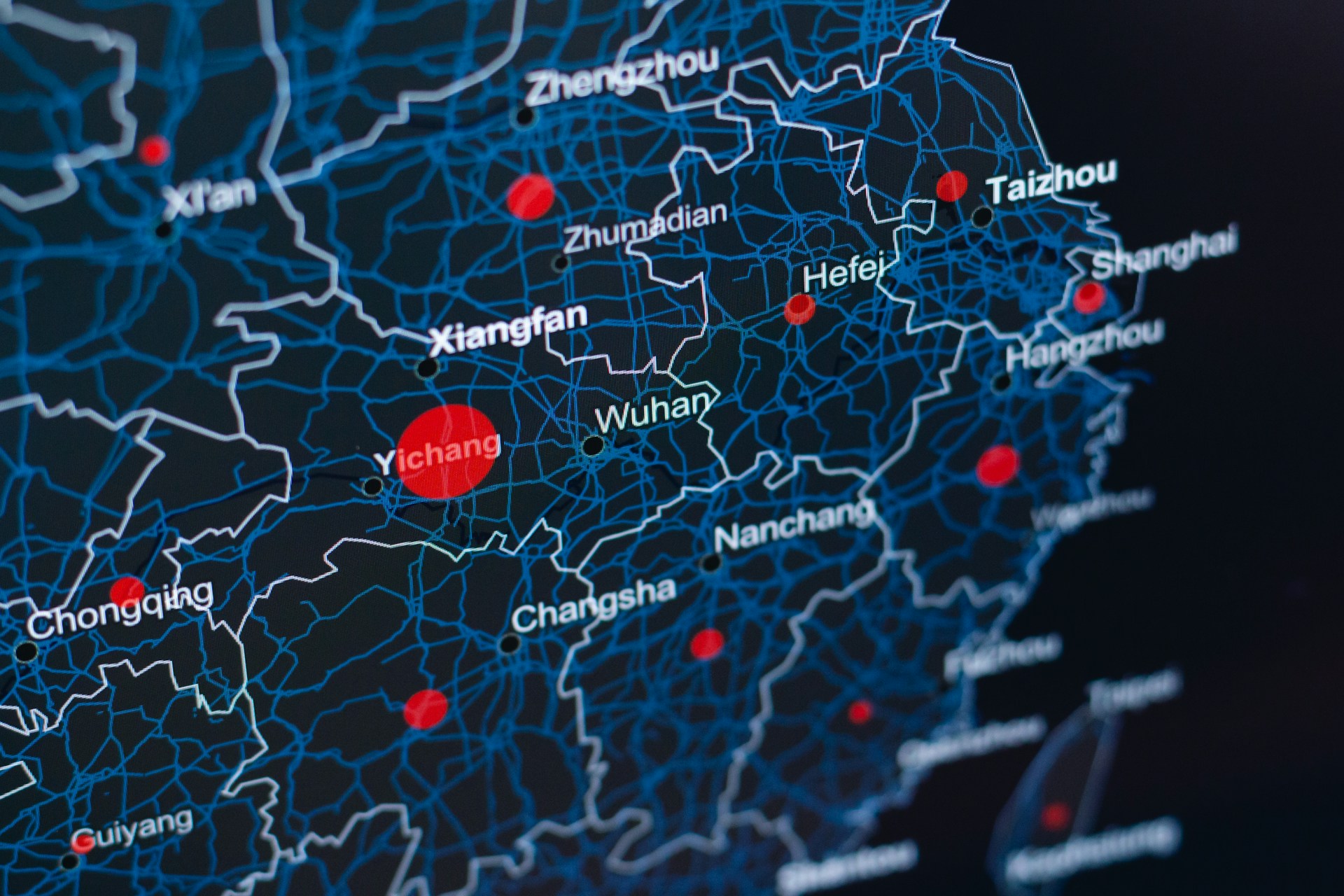
Employees at the National Institutes of Health (NIH) walked out as their new boss, Dr. Jay Bhattacharya, spoke this week on truths that remain to be sought out about Covid-19. As a lead on the October 2020 Great Barrington Declaration that sought to shift sweeping societal shutdowns to “focused protection” on the vulnerable, Bhattacharya is no newcomer to speaking the truth about Covid or being vilified for doing so. Fortunately, an unheralded investigation by the Department of Justice of an obscure nonprofit company has the potential to reveal five years of hidden truths.
Bhattacharya’s words that sparked the walkout were straightforward: “It’s possible that the pandemic was caused by research conducted by human beings, and it’s also possible that the NIH partly sponsored that research.” Seeking the possible amongst the plausible is the backbone of the scientific approach. In the case of the Wuhan lab leak theory, “possible” looks increasingly “plausible” as more evidence slowly — and as the NIH walkout demonstrates —grudgingly comes to light.
The possibility of long-delayed revelation lies in an ongoing DOJ investigation involving EcoHealth Alliance. Both the House of Representatives Select Subcommittee on Covid-19’s 500-page pandemic report and the recently published book, In Covid’s Wake: How Our Politics Failed Us, by Stephen Macedo and Frances Lee repeatedly put EcoHealth Alliance at the crossroads of pandemic controversy — from funding, to research, to reporting on the virus’s origins and the CCP’s initial efforts to combat the pandemic.
The press release accompanying the subcommittee’s report states: Covid-19 “most likely emerged from a laboratory in Wuhan, China,” that “a lab-related incident involving gain-of-function research is most likely the origin of COVID-19,” that EcoHealth “under the leadership of Dr. Peter Daszak used U.S. taxpayer dollars to facilitate dangerous gain-of-function research in Wuhan,” and that NIH contributed to the catastrophe with “procedures for funding and overseeing potentially dangerous research” which are “deficient, unreliable, and pose a serious threat to both public health and national security.”
The House subcommittee report revealed that EcoHealth, headed by Dr. Peter Daszak, was investigated by NIH for facilitating gain-of-function research at the Wuhan Institute of Virology (subsequently debarred from receiving grants for 10 years by HHS). EcoHealth failed to submit required reports to NIH, Daszak inadvertently admitted lying to NIH, and EcoHealth misled NIH. EcoHealth had proposed doing research that was “dangerous” and would involve “conducting trials in uncontrolled cave environments.” And “EcoHealth’s proposed research could have resulted in a unique virus such as COVID-19.”
The select subcommittee’s report summarized: “EcoHealth was subject to numerous federal investigations regarding both its potential role in the COIVD-19 pandemic, but also multiple accusations surrounding violated federal grant policies.”
Further, Daszak, despite his clear conflict of interest through EcoHealth’s funding of research at WIV, accompanied the WHO mission that went to China to investigate Covid-19 and China’s responses to it. China’s responses included draconian non-pharmaceutical interventions (NPIs such as lockdowns). Macedo and Lee’s book details how the WHO mission’s report would praise the CCP’s severe NPI response; this appraisal then swept aside international health community concerns about NPIs as a plausible response to a respiratory pandemic. In turn, this reappraisal would lead the world into a headlong rush to implement their own versions, inflicting untold economic and human costs.
During its examination, the House subcommittee discovered DOJ was also investigating Covid’s origins. Further, it appeared DOJ’s investigation involved EcoHealth. When asked for confirmation, EcoHealth counsel declined to confirm or deny any investigation. Asked again weeks later regarding a DOJ Grand Jury investigation, EcoHealth’s counsel “assured the Select Subcommittee the investigation was not into EcoHealth nor Dr. Daszak.” Yet the Select Subcommittee learned the DOJ had subpoenaed EcoHealth’s communications with the senior virologist at the Wuhan Institute of Virology, Dr. Shi Zhengli.
Macedo and Lee write of Dr. Shi: “When asked for access to her lab’s records, [Shi] responded that that was ‘definitely not acceptable.’”
Thus, the closest point of access that we have to the Wuhan lab is Daszak. As Macedo and Lee and the House subcommittee underscore, possibly no one outside China has greater knowledge of what was going on at WIV than EcoHealth’s Dr. Daszak: where federal money went and what it was used for; the CCP’s concerns with Covid, the actions it took, and their results.
Five years after the world’s biggest pandemic in a century, basic questions remain unanswered. Macedo and Lee’s verdict regarding the Wuhan lab leak theory applies to the entire pandemic: “Even if the crisis that marked the early days of Covid in spring 2020 might justify some deception, surely the clock long ago ran out on that justification.”
Questions not only went unasked during the pandemic but were actively shouted down when health care experts like Bhattacharya had the temerity to raise them. That NIH employees are walking out on their director shows the resistance still existing to asking those questions. DOJ is in a position of power to finally help provide overdue answers that have been covered up. The DOJ investigation cannot be too thorough. Its findings cannot come to light soon enough.


